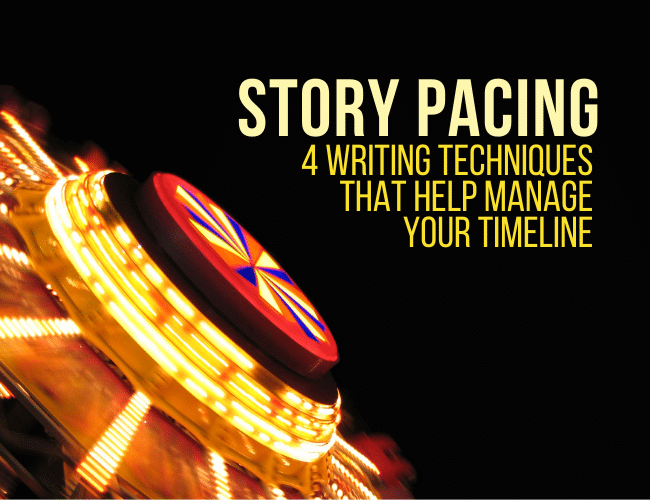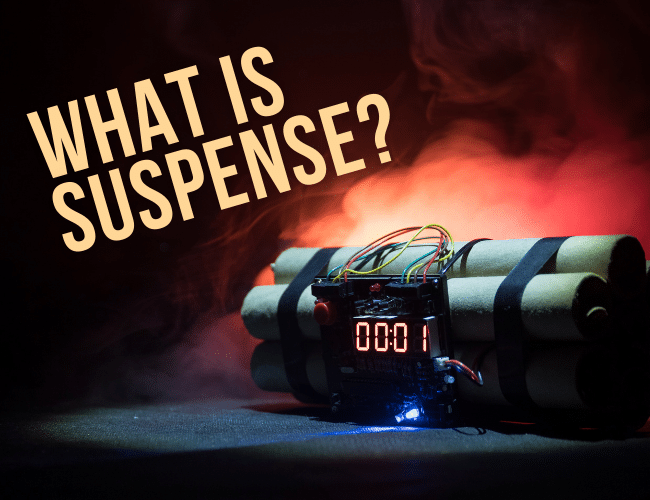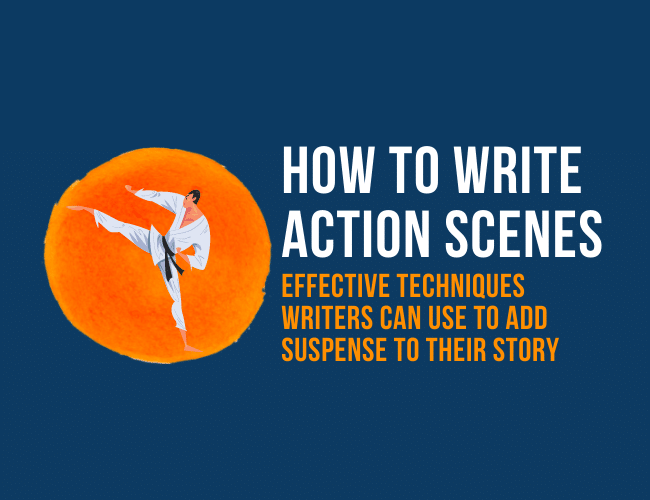
by Joslyn Chase |
You sit down, ready to write, and you’re excited because this scene is going to be full of terrific action-packed conflict to grab your reader. But then you wonder, do you even know how to write action scenes?
Are plot points and blow-by-blow action really what keeps readers turning pages? Do you know how to write the kind of action that will add suspense to the story, rev your readers’ heart rate, and leave them dying to know what happens next?
Creating an action scene that works on screen is difficult. Creating an action scene that works on the page might be an even steeper challenge!
Luckily, there are writing strategies to help you write an action scene with skill.
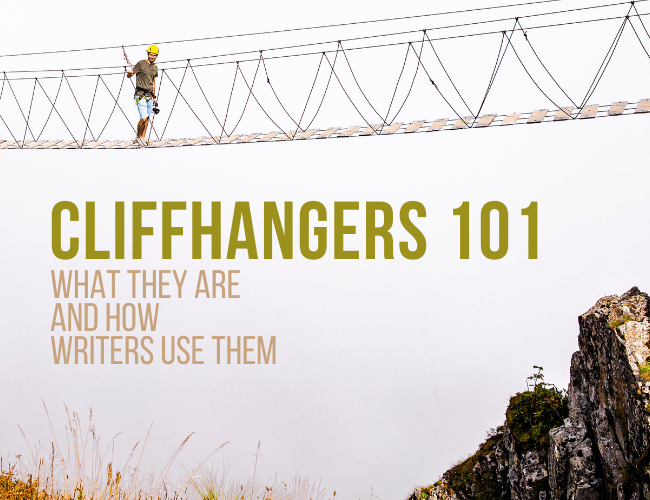
by Joslyn Chase |
Do you love a good cliffhanger? Most readers do. Whether they entail a twist that hits us like a tidal wave or employ a more subtle revelation, cliffhangers keep readers eagerly turning the pages—even if we’re not all entirely sure of a cliffhanger’s meaning.
But what is the definition of cliffhanger? And how can we, as writers, master the use of cliffhangers to write a book that holds readers all the way to the very end?
In this article, we’ll dig deep into what a real cliffhanger is, what it does, and how you can create consistently potent cliffhangers in your own writing.
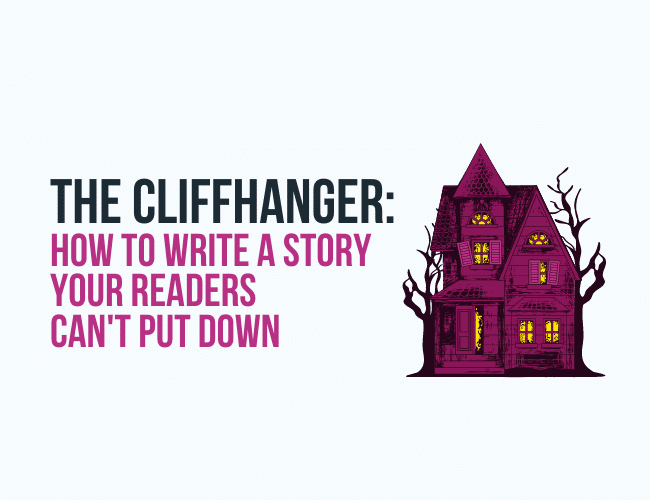
by Joslyn Chase |
When you put your writing out there for others to read, what do you hope will happen? If you’re like most writers, you want readers to get pulled into your story and keep turning pages to the end. You want your story to be un-put-downable.
It’s no secret that the time-tested method of using cliffhangers at the end of your chapters or scenes is a sure-fire way to make that happen. But what a lot of writers don’t realize is that the cliffhanger ending is only half the equation.
The cliffhanger is the hook that makes the reader turn the page, but if you don’t have a solid line supporting them across the gap and a sinker that pulls them deep into the next scene or chapter, your fish is likely to wriggle off and swim away.

